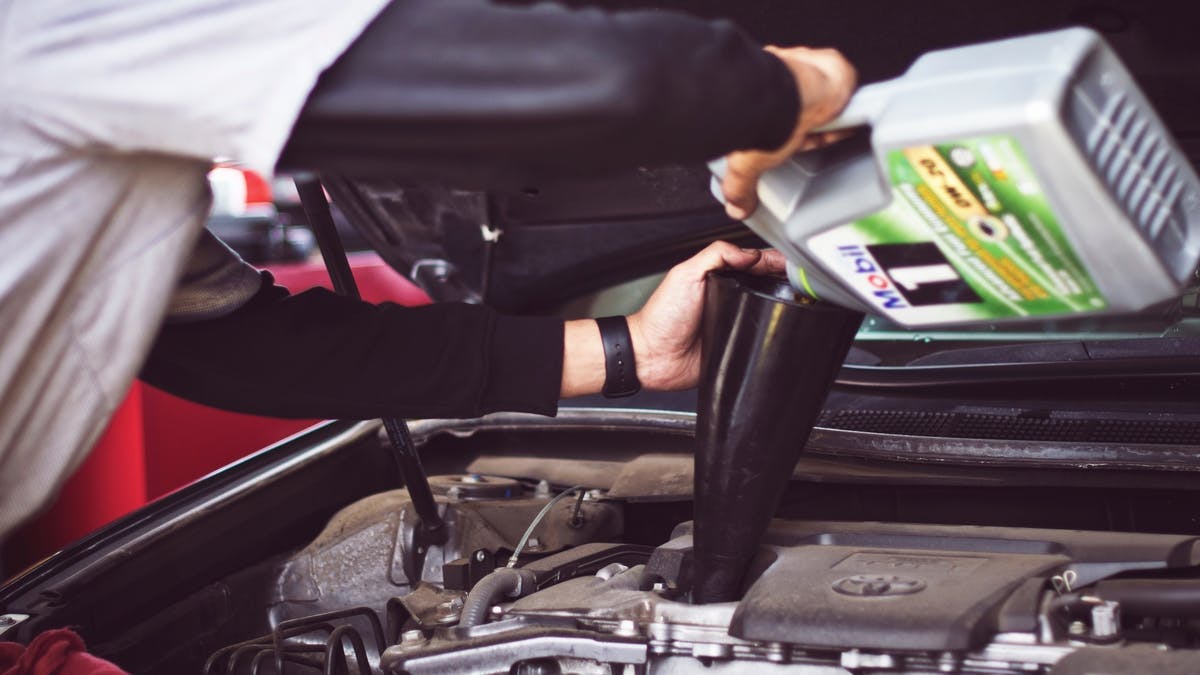Note: This guide is not intended to be legal/tax advice. All information is sourced from government/official sources. You are advised to seek your own legal/tax counsel/advisor. This information is provided solely for educational purposes.
Whether the owner is a company or an employee, a car purchased for business use provides tax benefits to the owner.
However, before you buy that car, think about the advantages and disadvantages. There are tax implications as well as other concerns to consider with this decision.
We’ve attempted to answer some of the most often asked questions to help you in making an informed decision when purchasing or leasing a new or used car for your business needs.
Should I buy my car under my name or my business?
When you buy a car under a business name, you can deduct depreciation, minimising your earnings tax liability. Furthermore, the purchase will be a fixed asset for the company that was made with earnings.
According to the ATO, as a business owner, you can claim a tax deduction for expenses related to motor vehicles — cars and certain other vehicles – used in the operation of your business.
Read HERE for more.
If you drive a car for both business and personal purposes, you must be able to appropriately identify and justify the percentage you claim as business use. The percentage for personal usage is not claimable. This is an area where mistakes are frequently made.
You can use a logbook or diary to record private versus business travel. Travelling between your home and your place of business is considered private use unless you are a home-based business and your trip was for business purposes.
You must pay tax on an automobile purchased in your own name, and you will not be able to take advantage of the depreciation charging benefit, even if the car depreciates over time.
Checklist before purchasing a second-hand vehicle
According to Small Business Development Corp, the warranties and guarantees you are entitled to when acquiring a used vehicle will depend on whether you buy from a licenced dealer or privately (including online or at auction).
A dealership will usually provide a limited warranty for used automobiles and will be subject to responsibilities under Australian Consumer Law (ACL), but when you buy privately, there are no warranties or guarantees, making it a buyer beware situation.
Before handing over your money take the time to:
- Pay for a full mechanical inspection so you can have an objective assessment of the vehicle’s condition. Don’t just accept the word of the previous owner.
- Use the Personal Property and Security Register (PPSR) to find out if the vehicle has money still owing on it, has previously been written off or is stolen.
- Read the used car warranties information on the Department of Mines, Industry Regulation and Safety (DMIRS) website to help you understand the warranties that apply when you purchase a second-hand vehicle from a dealer.
- This also includes a list of vehicles that are not covered by statutory warranties and an overview of the parts that are/are not covered by a statutory warranty.
- If purchasing online or at auction, read through the terms of purchase provided.
(Source)
Checklist before purchasing a new vehicle
When acquiring a new car, the manufacturer will issue a variety of specific vehicle guarantees. These are usually for a short time and may include restrictions on how the vehicle can be used.
Before acquiring a new vehicle, inquire about the assurances offered by the dealership. If your car must resist particular conditions (for example, it must regularly transport things weighing more than 100kg in the boot), ask if it can withstand those conditions before purchasing.
If the dealer makes any promises about the vehicle’s performance or capability, make sure they are covered by the manufacturer’s warranty. If they are not, request them in writing.
(Source)
I have a post-purchase issue. What are my options?
When acquiring a vehicle from a licenced dealer, you cannot be denied a remedy on the grounds that the purchase was made on behalf of your business, according to Australian Consumer Law (ACL).
For more information on businesses as customers and the protections provided by the ACL, see the Australian Competition and Consumer Commission’s (ACCC) motor vehicle sales and repairs guide.
As per If you’ve driven away with the vehicle and later run into problems, any resolution will be based on:
- Whether the vehicle was purchased through a dealer or privately;
- What is written in the vehicle’s terms of sale?
If you bought your vehicle from a dealer, your contract of sale and the ACL will define what you’re entitled to and how long you’re entitled to it. If you believe you have a right to have a problem rectified by the dealer and are having difficulties, contact our dispute resolution service for help.
If you’re purchasing a vehicle privately, it will be up to you to pay for any repairs.
Should I get insurance?
If your company uses motor vehicles, you must insure them for third-party injury liability. Your insurance must also be suitable for commercial or business use. The cost of your coverage will be determined by the following factors:
Vehicles you use, commodities they transport, frequency of use, and type of use Businesses conveying dangerous materials, for example, require a totally different policy than document couriers.
Here’s more.
Should I buy or lease a car?
You don’t have much control over how many miles you may put on a car if you lease it. Mileage restrictions are common in car lease agreements. You may be able to manage personal use and keep costs down if you (as the owner) use a leased car.
Every scenario is different, but leased cars should be considered for owners and executives, and cars should be purchased if they will be driven by staff.
Keep up to date with our stories on LinkedIn, Twitter, Facebook and Instagram.

